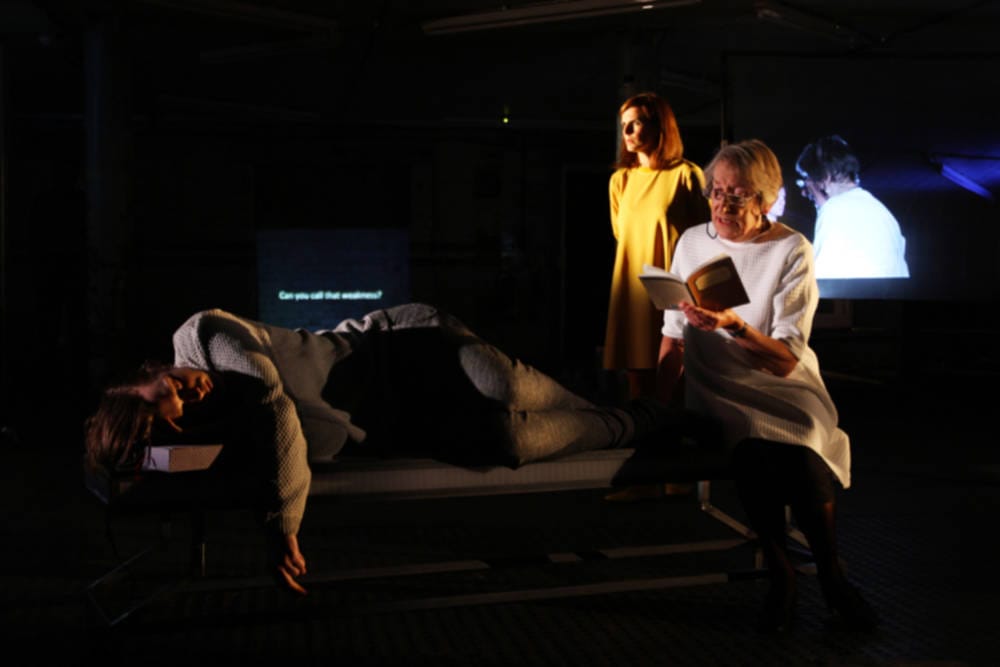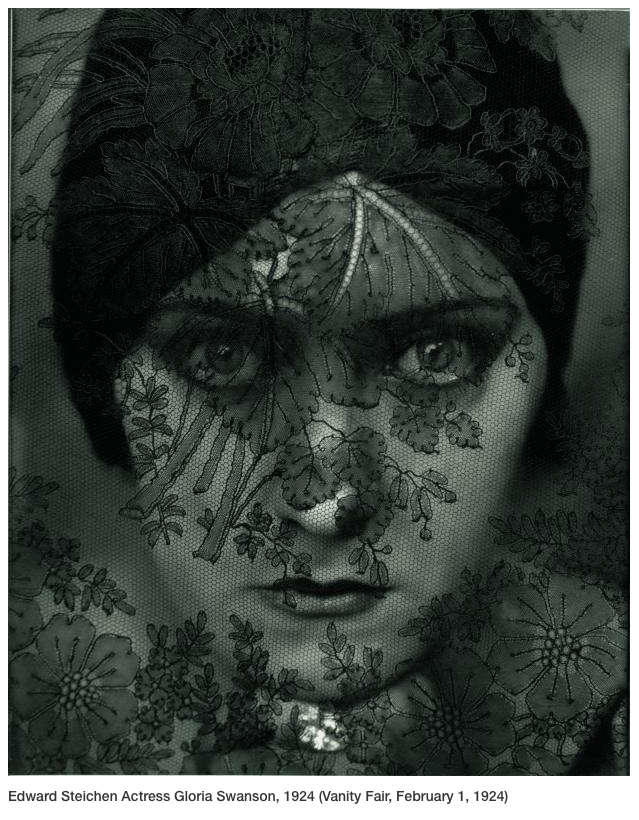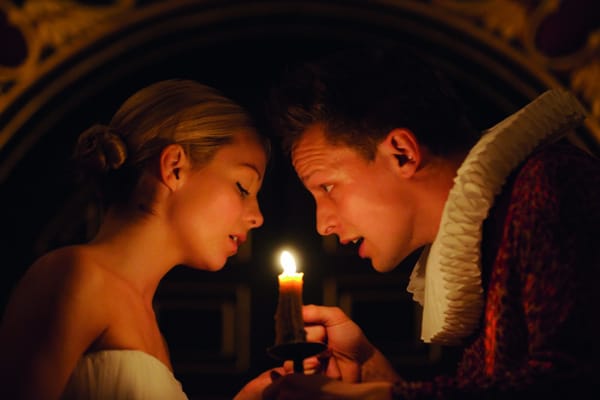I’m Depressed. Let’s Sing About It.
Elizaveta Tchebaniouk dissects The Anatomy of Melancholy

Why am I depressed? What is the cause of my depression?” aren’t exactly questions easily remedied by ringing up NHS Direct and asking. This opera, though, strives to find answers.
This contemporary opera takes inspiration from Robert Burton’s 1621 textbook The Anatomy of Melancholy, which was the first serious discussion of depression and renaissance medicine for melancholy. The sole feat of transforming this archaic text into a modern performance deserves credit, and inspires hope that opera is not a dying breed, but one that may find its own renaissance through taking on a contemporary form.
Entering through heavy wooden doors, the audience is led down a dimly lit warehouse-like hall into the cavernous space more fit for an underground nightclub than a conventional opera stage. Cracked tiles on the wall and cement pillars enhance the unorthodox setting, whose raw urban decay ‘vibes’ naturally compliment and resonate with the tone of the opera, rather than appearing forced and out of context.
The opera - performed by a total of seven – weaves a fragmented exploration of the central figure’s – the Son’s – melancholy. The Son’s depression is analyzed by the Grandmother, the Father, and a peculiar addition of the four humours, each personified. Certain other stylistically distinct additions such as multiple large screens and assembly of a hundred terra cotta warriors visually enhance the experience, but a lack of plot and character development is an ultimate drawback.
What makes this opera worth seeing are the vocals and accompanying score, both of which contrast alluringly against the dimly lit underground setting. Six performers provide a solid mix of tenor, countertenor, soprano, mezzo soprano, and bass. The rich vocals are bel canto in the most traditional sense and – if not necessarily flawless – lack any painfully apparent weakness. The eclectic range of instruments adds texture to Benjamin Tassie’s score, resulting in a surprisingly pure sound from the haunting accompanying orchestra. Moreover, an expressive Gran with a megaphone proclaiming deep space metaphors will surely provide enough comic relief to get one through the opera’s frequent obscure musings.
In terms of thematic accomplishment, however, the opera is not nearly as impressive. Like many contemporary art forms which aim to tackle a complex and somewhat abstract topic, The Anatomy of Melancholy orbits the central idea like an electron around a nucleus, but never manages to strike its core. Somewhat loosely woven phrases and aforementioned pseudo-poetic musings seem try-hard without accomplishing any purpose - aside from being crowd-pleasing due to their superficially confusing nature. Though at times aspects such as philosophical Goethe texts and enlightening metaphors provide the ability to penetrate the dynamic theme of depression, the opera remains, ultimately, grazing its surface. The ending is abrupt. The baffled audience leaves with no more understanding of depression than it had upon entering the theatre.
Peerhaps, though,in not providing the audience with any concrete conclusions regarding the causes or cures for depression, the opera does indirectly and subtly accomplish its task. In not defining the nature of depression it does define the nature of depression for just what it is – undefined, abstract, confusing, and uncertain.
Anatomy of Melancholy ran from 22nd - 25th October at Testbed 1, Battersea.









